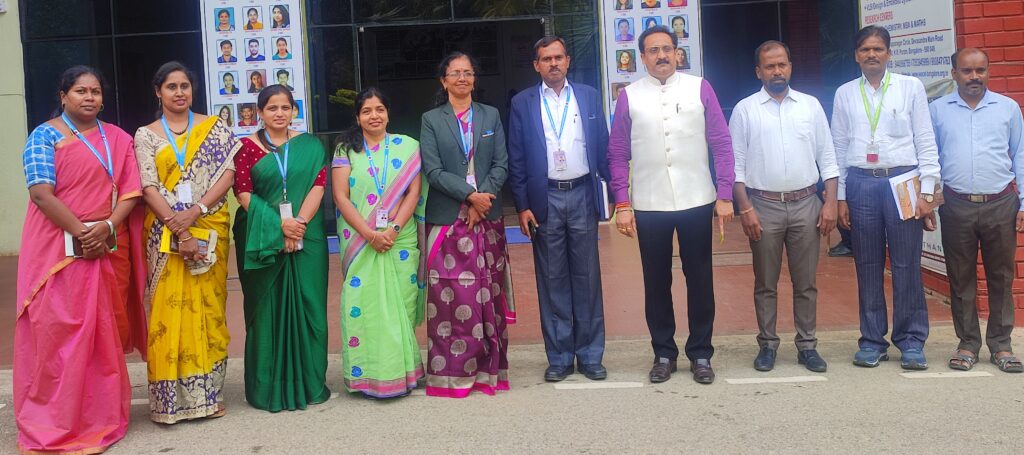
FACULTY DEVELOPMENT PROGRAM
A faculty development cell (FDC) in SEA College of Science, Commerce and Arts is a dedicated committee that focuses on the professional development of faculty members. Its primary objective is to enhance the teaching and learning practices, research capabilities, and overall effectiveness of the faculty within the college.
The role of a faculty development cell may vary depending on the specific college and its goals, but typically it involves the following functions
- Workshops and Training: Organizing workshops, seminars, and training sessions to upgrade the knowledge and skills of faculty members. These sessions may cover various aspects such as pedagogy, instructional design, assessment methods, technology integration, research methodologies, and other relevant areas.
- Resource Development: Facilitating the creation and dissemination of resources to support faculty members in their teaching and research activities. This may include developing teaching materials, designing learning resources, and providing access to relevant books, journals, and online resources.
- Mentoring and Support: Providing individualized guidance and support to faculty members, especially new or less-experienced teachers. This can involve mentorship programs, peer observation, feedback sessions, and assistance with curriculum development.
- Research and Publication Support: Assisting faculty members in their research endeavors, including proposal writing, data analysis, and publication support. The FDC may organize research methodology workshops, facilitate collaboration opportunities, and provide research grants or funding access.
- Pedagogical Innovations: Encouraging faculty members to adopt innovative teaching methods, incorporate technology in the classroom, and explore new approaches to enhance student engagement and learning outcomes.
- Assessment and Evaluation: Assisting faculty in designing effective assessment strategies and evaluating student learning outcomes. This may involve training on creating rubrics, analyzing assessment data, and implementing evaluation tools.
- Networking and Collaboration: Facilitating collaboration among faculty members within the college and with external institutions. This can involve organizing conferences, inviting guest speakers, and promoting participation in professional organizations or research networks.
- Quality Assurance: Ensuring the overall quality of teaching and learning within the college by conducting internal audits, collecting feedback from students, and implementing quality improvement measures.
The faculty development cell plays a crucial role in creating a supportive and dynamic academic environment that promotes continuous growth and professional development among faculty members. By investing in faculty development, degree colleges aim to enhance students’ overall educational experience and contribute to advancing knowledge and research in their respective disciplines.
Sl. No.
Members
Position
Mob. No.
1
Dr. Muthe Gowda T.N
Chairman
9900732511
2
Dr. Raji S
Member
9482518212
3
Mr. Vijayakumar
Member
9980876594
4
Ms. Nethra H S
Member
9743437476
5
Mr. Manjunath S
Member
9844864295
6
Ms. Hemavati.M
Member
9590132139
7
Ms. Sarala
Member
9740363853
